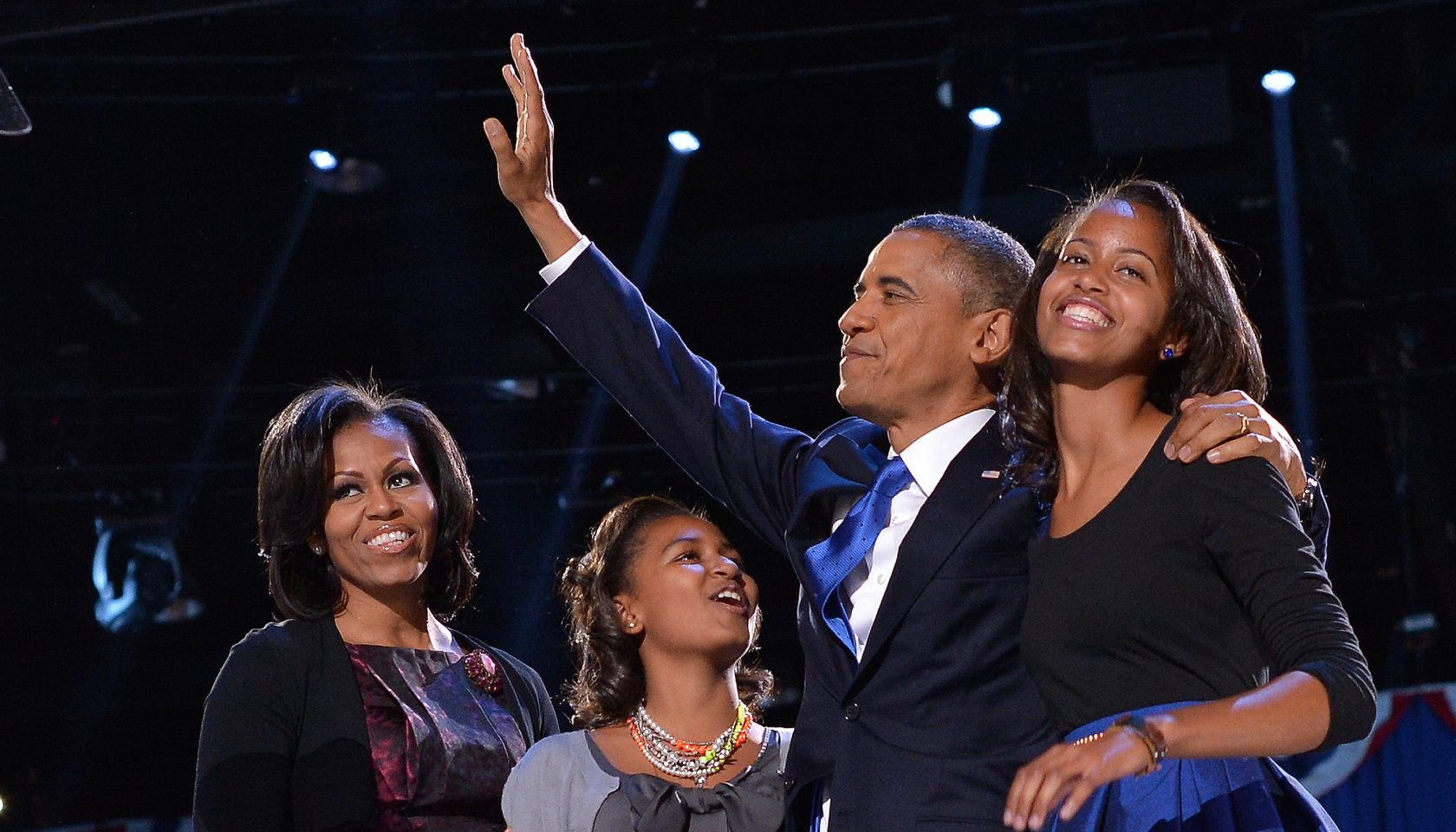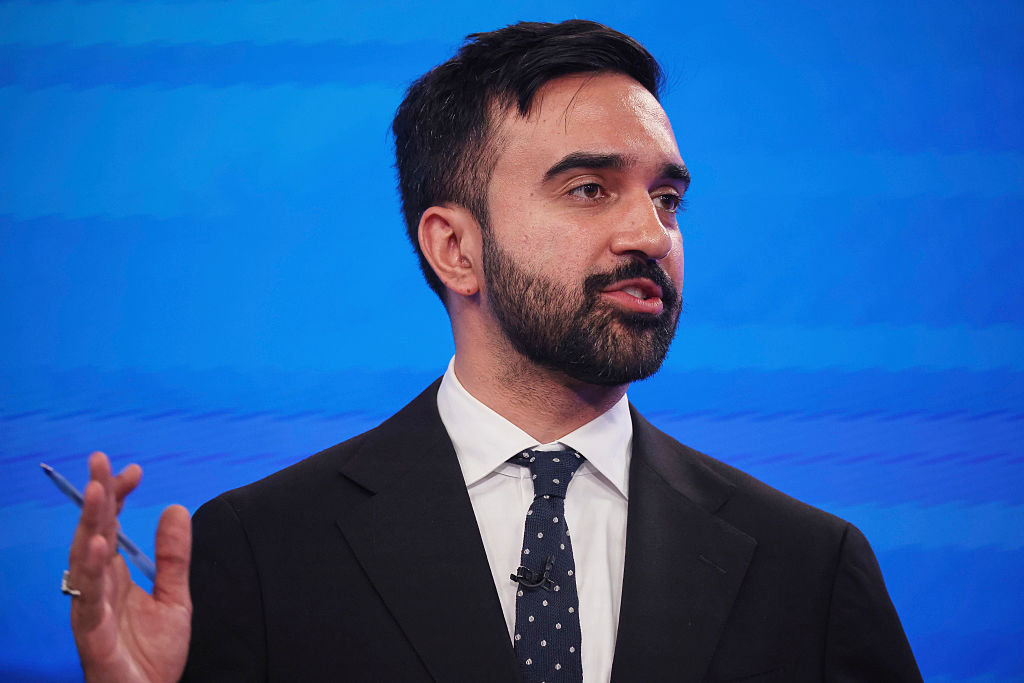Timothy Coggins Racially Motivated Murder Cold Case Moves Forward
Justice Moves Forward In Cold Case Of Black Man Killed For ‘Socializing’ With White Woman
It’s been a long time coming for the family Timothy Coggins, but 34 years is not too late for justice. Hope grows dim for scores of other Black families who need closure to racially motivated killings that are decades old.
The two suspects, in a gruesome murder that took place in 1983, are finally answering for their alleged crime. They had petitioned the court in a preliminary hearing to let them out of jail while the case moves forward, claiming that they’re old and sick.
READ MORE: Georgia Police Arrest 5 In Racially Motivated Murder Cold Case
WSB-TV reported that the judge denied their bond request on Wednesday, so they will remain in jail. Also at the hearing, the prosecutor revealed the motive behind the killing and the method used to murder Coggins, who was 23 years old at the time.
“The murder of Timothy Coggins was due to Coggins socializing with a White female and that Coggins had been stabbed multiple times and drug behind a truck by Franklin Gebhardt and William Moore Sr.,” prosecutor Ben Coker told the Georgia court, according to the news outlet.
Coggins’ body was found near a power line in Sunnyside, Georgia in 1983. In October, authorities arrested five people. They charged Gebhardt and Moore with murder, felony murder, aggravated assault, aggravated battery and concealing the death of another. The three others were charged with obstruction.
The victim’s family had long given up hope that the accused killers would be tried in court. Many other families across the South are also hopeful that after decades they too could have closure.
In 2016, the Southern Poverty Law Center sent the FBI and the Justice Department a list of 74 cold cases involving racially motivated killings during the Civil Rights era, according to the Washington Post. This came after passage of the Emmett Till Unsolved Civil Rights Crimes Reauthorization Act of 2016.
“The investigations are very important when you consider the reconciliation process in addressing many of these crimes,” Joseph E. Williams, operations coordinator for the Civil Rights Memorial, told The Post.
With the passage of time, most of those cases will likely remain unsolved. But as Cooggins’ case illustrates, it’s important for investigators to continue pursuing these cold case with urgency.
SOURCE: WSB-TV, Washington Post
SEE ALSO:
Emmett Till: 62nd Anniversary Of Lynching Reignites Calls For Apology
President Obama Signs ‘Emmett Till Bill’ To Reopen Civil Rights Cold Cases
















